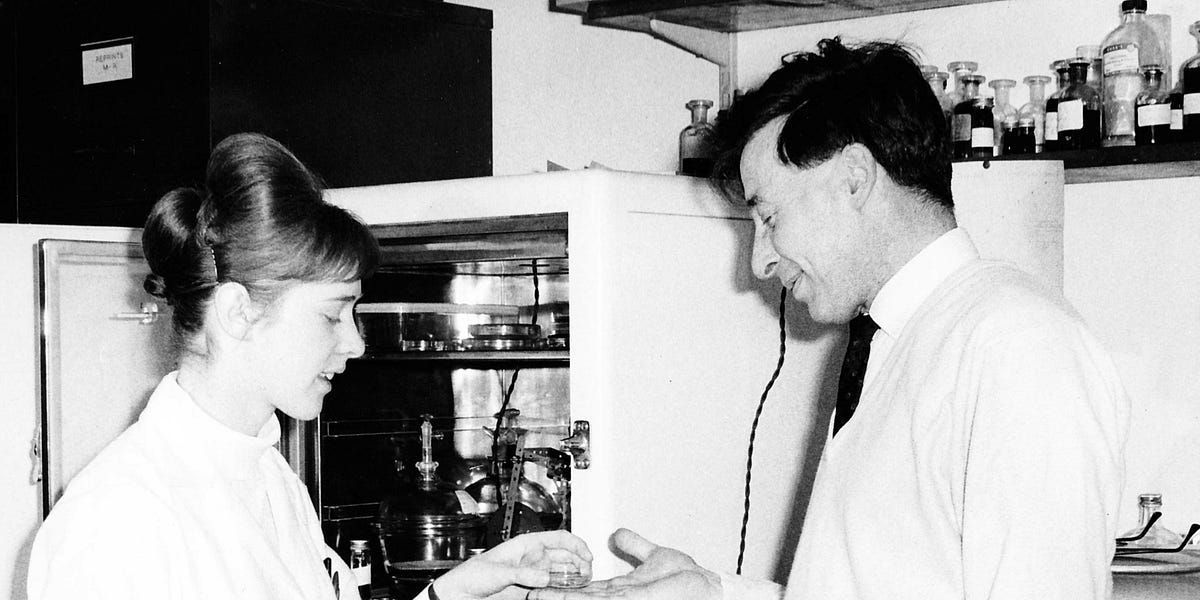Understanding How Birth Control Works
As a fertility specialist, one of the most common concerns I hear from patients is whether their past or current use of birth control might affect their ability to conceive in the future. Whether you're thinking about starting a family soon or simply planning ahead for when the time is right, understanding how birth control can influence your fertility is an important step in your journey. Let’s explore the different types of birth control and how (or if) they might impact your fertility after discontinuation.

As a fertility specialist, one of the most common concerns I hear from patients is whether their past or current use of birth control might affect their ability to conceive in the future. Whether you're thinking about starting a family soon or simply planning ahead for when the time is right, understanding how birth control can influence your fertility is an important step in your journey. Let’s explore the different types of birth control and how (or if) they might impact your fertility after discontinuation.
Understanding How Birth Control Works
Birth control methods are designed to prevent pregnancy in different ways. Some stop ovulation, others create barriers to prevent sperm from reaching the egg, and some alter the uterine environment to prevent implantation. While these methods are highly effective in preventing pregnancy, they do not all have the same impact on fertility once discontinued.
Hormonal Birth Control: Pills, Patches, Rings, and Injections
Combination Pills, Patches, and Rings
These contraceptives use synthetic estrogen and progestin to stop ovulation. Fortunately, most individuals see their fertility return within a few weeks after stopping. Studies show that ovulation often resumes quickly, and many people conceive within a few months.
Progestin-Only Pills ("Mini Pills")
Like combination methods, progestin-only pills suppress ovulation. Many women begin ovulating again within a month of stopping.
Depo-Provera Injection
The Depo-Provera shot is a long-acting hormonal contraceptive that can delay fertility return. The hormone lingers in the system, and it can take up to 12 months or more for ovulation to resume after the last injection.
Intrauterine Devices (IUDs): Hormonal and Non-Hormonal
Hormonal IUDs (e.g., Mirena, Kyleena)
Hormonal IUDs release progestin, which thickens cervical mucus and sometimes suppresses ovulation. Once removed, the hormones leave your system quickly, and most women can conceive within a few months.
Copper IUD (e.g., Paragard)
The copper IUD is non-hormonal and prevents pregnancy by creating an environment that is toxic to sperm. Since it doesn’t alter hormones, fertility typically returns immediately upon removal.
Barrier Methods: Condoms, Diaphragms, and Spermicides
Barrier methods do not involve hormones and have no lasting impact on fertility. You can attempt conception immediately after discontinuing use.
Permanent Birth Control: Tubal Ligation
Tubal ligation (commonly referred to as "getting your tubes tied") is a permanent birth control method. Though reversal surgeries exist, success rates vary, and pregnancy may still require assisted reproductive technologies like IVF.
Emergency Contraception
Emergency contraception (such as Plan B) does not have long-term effects on fertility. Your cycle may be temporarily disrupted, but fertility is not permanently affected.
Additional Factors That Affect Fertility
- Age – Fertility naturally declines with age.
- Underlying conditions – PCOS, endometriosis, and thyroid disorders can impact conception.
- Lifestyle – Smoking, weight, and overall health play key roles in fertility.
When to Seek Help
If you’ve stopped birth control and haven’t conceived after 6-12 months of trying(or sooner if over 35), consulting a fertility specialist is recommended.
Research and Resources
- Return of Fertility After Discontinuation of Contraception: A Systematic Review
- Concern That Contraception Affects Future Fertility: How Common Is It?
- Fertility Return After Hormonal Contraceptive Discontinuation
- Does the Pill Impact Fertility?
- Can Birth Control Cause Infertility?
Whether you're transitioning off birth control or just starting your family-building journey, Caperton Fertility Institute is here to support you.
Caperton Fertility Institute – Where Science Meets Compassion.



